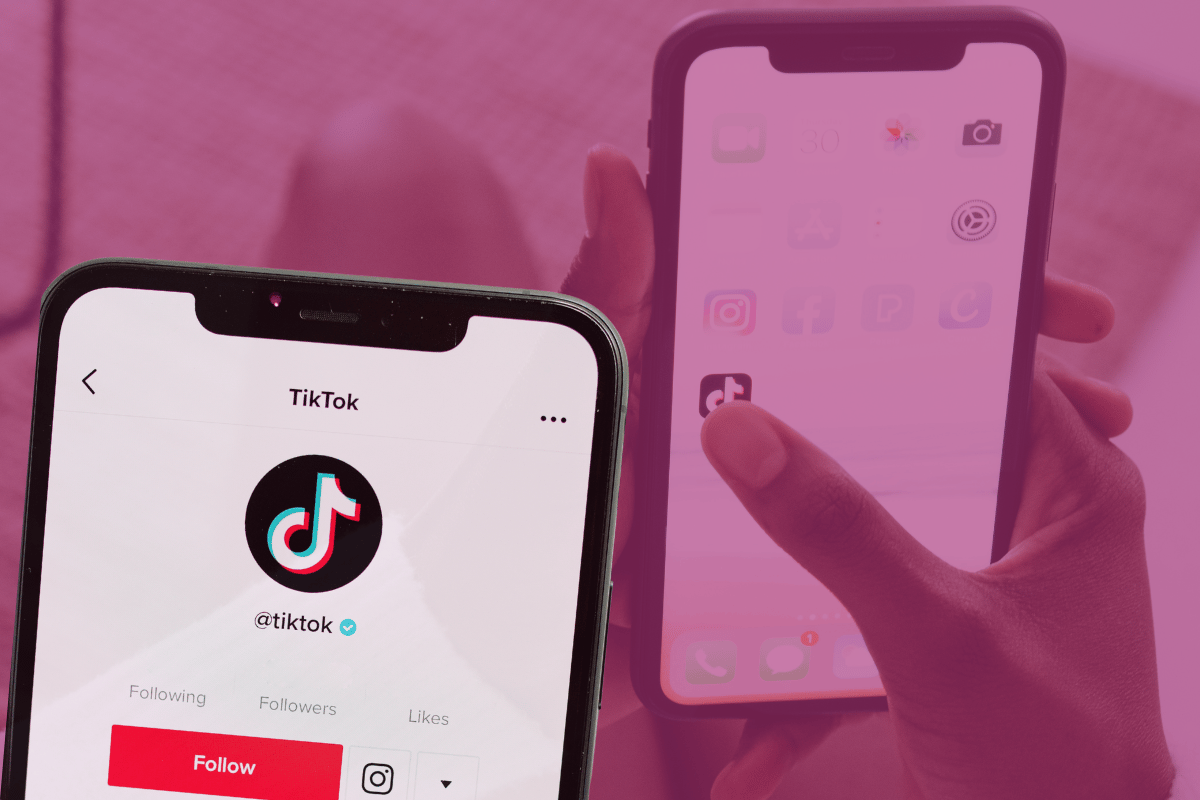
There's some spicy drama surrounding TikTok.
It's due to the news from the Australian Government this week that TikTok will be banned from all federal government devices.
The Attorney-General gave a mandatory direction to Commonwealth departments to ban the social media app. They've said the direction will come into effect "as soon as practicable" and exemptions will only be granted on a case-by-case basis.
So how exactly did they come to this drastic call?
Well, it has everything to do with advice from national security and intelligence agencies.
But with around eight million Aussies on TikTok right now, many are asking themselves whether their personal data is safe — and if we really need to be concerned.
Watch: The Australian/New Zealand GM of TikTok speaks about the app being banned on Australian Government devices. Post continues below.
First and foremost — what exactly is happening with TikTok and the Australian Government?
The ban of TikTok on all federal government devices was announced on Tuesday.
Attorney-General Mark Dreyfus said the call had been made after receiving advice from intelligence and security agencies.
The concerns relate to worries about spies, and the potential for TikTok data to be harvested and accessed by the Chinese government under Chinese national laws that can compel companies to hand over information.
